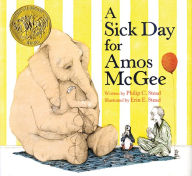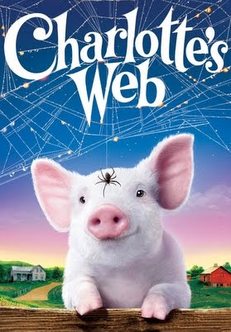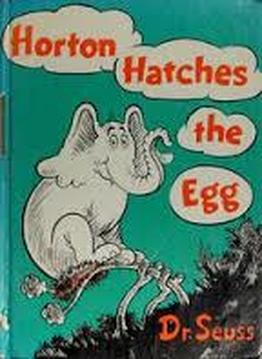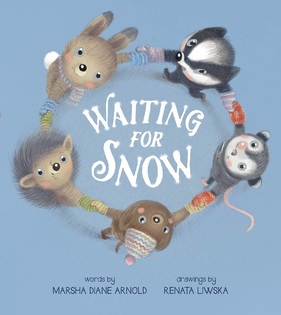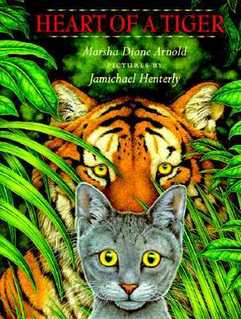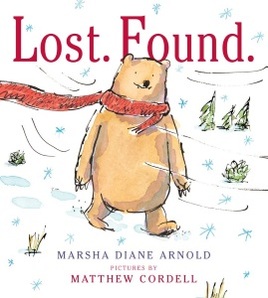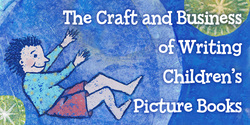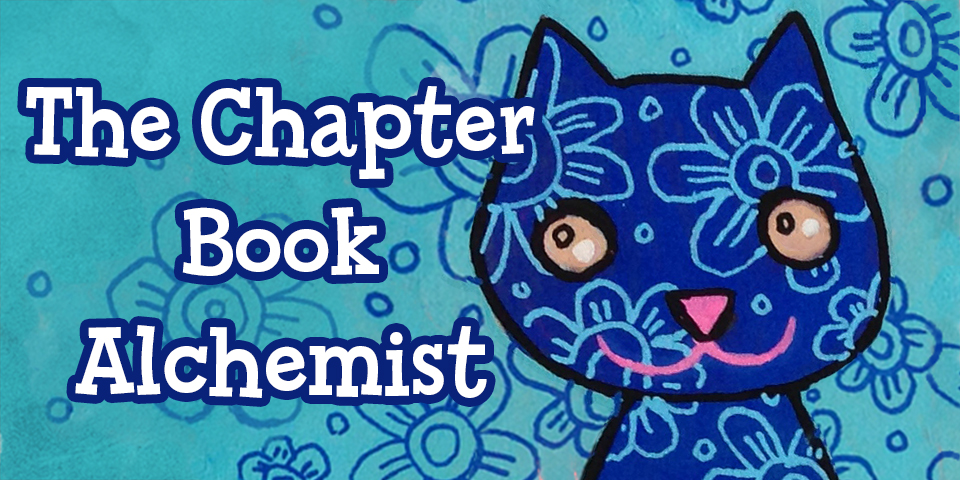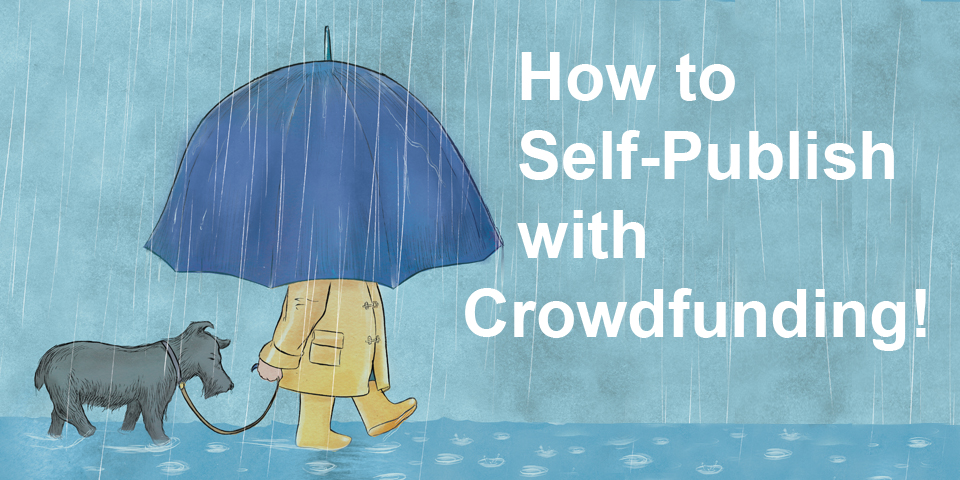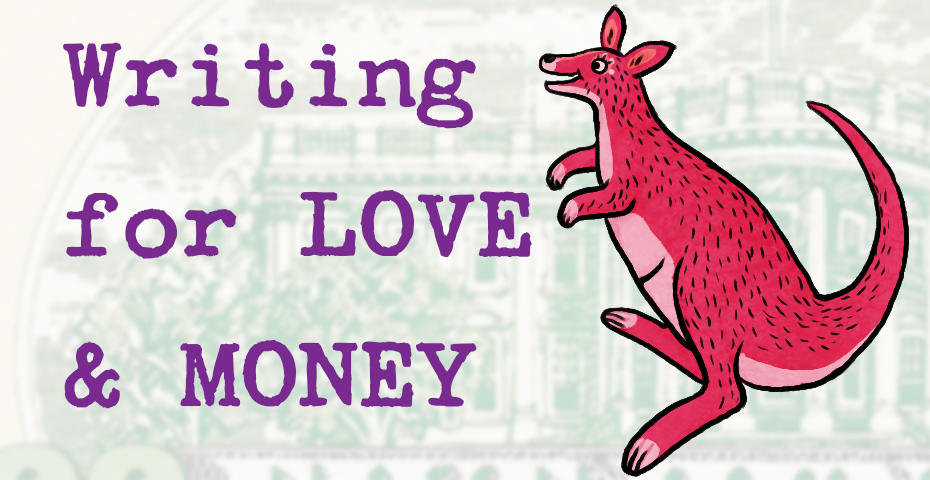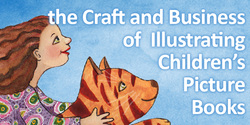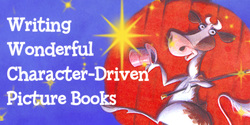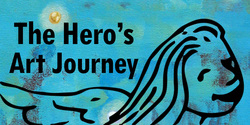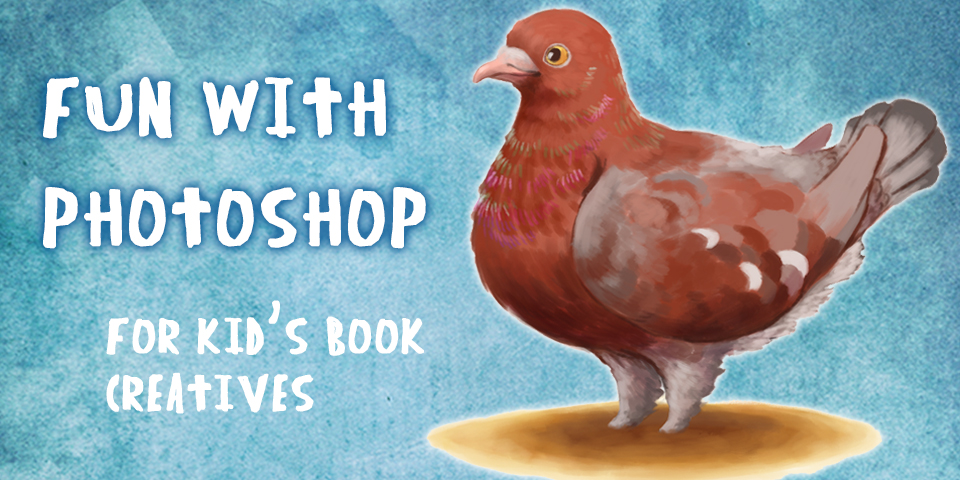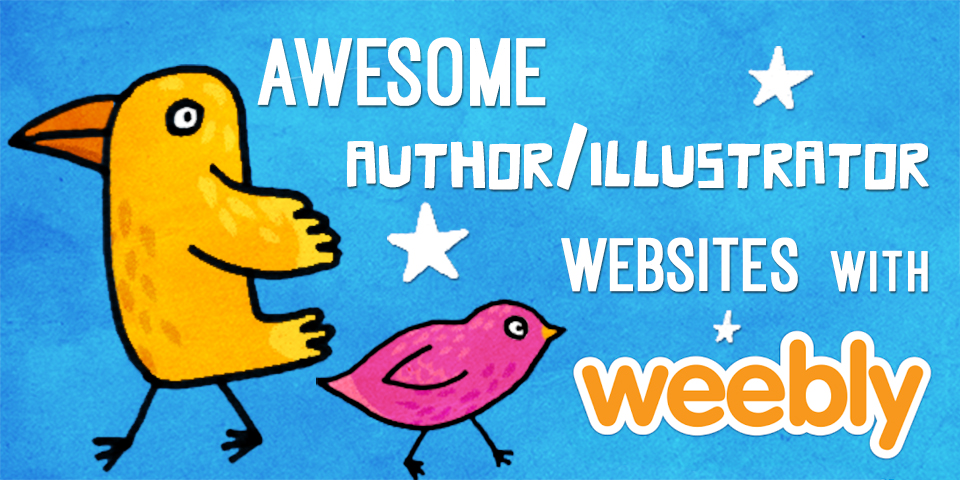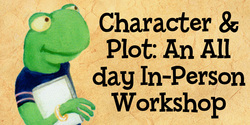|
This month I’ll share some characteristics of honorable stories as I continue the theme of “Achieving the Honorable in Children’s Literature.” I’ll include some examples of honorable books, including a few of my readers’ favorites. Thank you Jenny and Janine for contributing. Honorable – good, high-minded, worthy, just. Every child, every person, in their deepest heart, wants to achieve the honorable. Storytellers can help guide toward this goal. It's helpful to keep characteristics of honorable stories in mind as we write. Here are five. 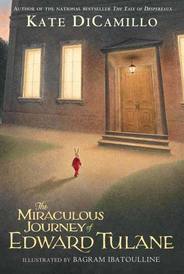 2) The story is meaningful, often in different ways, at different stages in life. Kate DeCamillo’s books come to mind here. We could read them again and again and always find something new. Eleanor Cameron expresses the difference between trends and lasting value in The Green and Burning Tree. She wrote, “We all know that a story with heart is one we will come back to again and again. And often we will read the story as a child, then a teenager, then as an adult, and each time, we will be nourished more or in a different way by the story.” That doesn’t happen with trendy stories. As well, books that make use of bawdy, crude language for a short-lived laugh have no depth or lasting power. 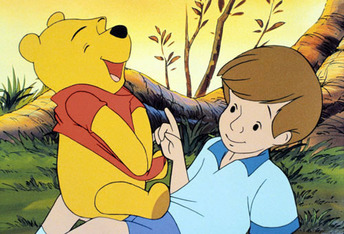 3) The stories often merge the ordinary with the extraordinary. When Christopher Robin asks Pooh what he likes doing best in the world, Pooh says, after much thought, “What I like best in the whole world is Me and Piglet going to see You, and you saying ‘What about a little something?’ and Me saying, “Well I shouldn’t mind a little something, should you, Piglet’ and it being a hummy sort of day outside, and birds singing.” Being with friends. Birds singing. Hummy, joyful feelings. These are seemingly ordinary things, but they aren't really. Really, they are everything. Children are experts at seeing the extraordinary in what we adults consider ordinary. We as writers have a responsibility to support them in seeing and finding these extraordinary moments.
5) They have an inner and an outer journey. I always try to put both an inner and an outer journey in my stories, so I’ll share two of my own stories for this characteristic. In my first book Heart of a Tiger, we follow a small kitten from a plantation into the dangerous jungle. An outward journey! But there’s an important inner journey going on too. Little Four is shy, timid, and afraid of almost everything. Yet inside, he has a big dream – to give himself a name as magnificent as the Bengal Tiger’s on his Naming Day. We see the process of our hero, Little Four: having a dream, finding an honorable and wise mentor in the Bengal Tiger, and, the hardest part, taking action to make his dream come true. Lost. Found. is the story of Bear, who loses his red scarf during a walk in the woods and the different animals who discover it and use it in a variety of ways. An outer journey. The inner journey rbegins when all the animals start fighting over the scarf and it becomes unraveled. Sadness prevails until Bear leads them to a cheery fire where they knit the scarf together again, becoming part of a friendly community of sharing and caring. Ideally, honorable books nourish the inner child. I agree with Maria Tater, the chair of Folklore and Mythology at Harvard, who believes “Children today get an unprecedented dose of adult reality.” It's true that the history of children’s books is filled with dark material. Mother Goose poems were political and not only gloomy, but gruesome in parts. The Brother Grimm’s tales were…well grim. Playground chants through the years have often been rude and bawdy. But I’d hoped we’d progressed over the decades. Sadly, some children have unfortunate, even tragic, lives. These children need to know they are not alone in their misfortune. Books are one way to show them this. But how do writers accomplish this? There’s an art to sharing the dark side of life, particularly with children. Consider these questions: *How dark do picture books have to be to reflect those sad lives, so those children can relate to them? *What about children with happy family lives? Should these children be subjected to reading dark books at age 5 or 6 or 7 about subjects they have no knowledge of? Some would say our stories must reflect the reality of the world. I would humbly offer that instead they must reflect a better world. Writers have a responsibility, not just to their editor or their publisher but to their readers. Their responsibilities are to question, to show the truth to the best of their ability, to find insights into the world and ourselves, to show wonder and goodness, because children should be filled with wonder, that feeling of surprise and admiration caused by something beautiful or remarkable. I don’t think you can be filled with wonder, if you’re afraid. The best stories give us a deep well of wisdom where we can find peace. Consider what books with mean spirits do to a joyfully developing psyche. Do they make children empathetic or do they make them afraid, untrusting, and perhaps even lead them into a mean-spiritedness that wasn’t there before? Graham Greene’s words seem a fitting ending. “Perhaps it is only in childhood that books have any deep influence on our lives….In childhood all books are books of divination, telling us about the future……and they influence the future.”  Marsha Diane Arnold is an award winning writer whose latest book Waiting for Snow is about a very impatient Badger with very honorable friends who stand by him as he learns to wait.
3 Comments
Jessica
8/25/2023 12:38:39 am
Enhance your life 🤑 with these amazing offers and vouchers <a href=" https://coupondonor.com/coupons/adulttime ">Click here</a>
Reply
Leave a Reply. |
Meet the Friday Blogonauts
First Fridays will feature Bryan Patrick Avery, published writer , man of mystery, and professional magician among other things.
Second Fridays will feature awesome multi-award winning author Marsha Diane Arnold who will be writing about character-driven and/or nature-based books and/or anything she likes :) Third Fridays will feature independent Aladdin/Simon & Shuster editor Emma Sector who has helped bring many books into the world. Fourth Fridays will feature the great Christine Taylor-Butler who has published over 70 award-winning fiction and non-fiction and nonfiction books including the acclaimed new middle grade series - The Lost Tribes. Fifth Fridays will feature the fabulous Carl Angel award-winning multi-published Illustrator and graphic designer. Join our Tribe
and receive 7 Steps to Creative Happiness, access to free webinars, and lots more!
Your email addresses are always safe and respected with us. Follow our Blog!
Archives
January 2019
Categories
All
|
|
Discover
|
About Us
|
Join Us
Join our Community and receive a fabulous free gift, KidLit tips, newsletters, scholarship info, contests, and more!
Join our KidLit Mentorship |
Social Media
Interact with our FaceBook Group or follow us on:
|
© 2010-2024 All content on this website is copyrighted. Sorry, all courses are non-refundable.
